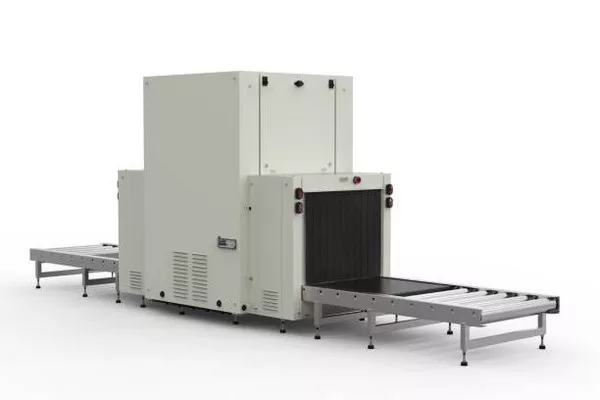In today’s world, where power outages can disrupt both residential and commercial activities, standby generators offer a reliable solution to keep essential systems running during blackouts. However, the cost of purchasing and installing a standby generator can vary significantly depending on several factors. Understanding these factors is crucial for anyone considering investing in a standby generator. This article delves into the key elements that influence standby generator costs, providing insights to help individuals and businesses make informed decisions.
What Determines the Cost of a Standby Generator?
What are the Different Types of Standby Generators?
Standby generators come in various types, including air-cooled and liquid-cooled models. Air-cooled generators are typically more affordable and suitable for smaller residential applications, while liquid-cooled generators are more powerful and designed for larger residential or commercial use. The type of generator you choose will affect the overall cost, with liquid-cooled models generally being more expensive due to their higher capacity and durability.
How Does Generator Size Impact Cost?
The size (measured in kilowatts, kW) of a standby generator directly influences its cost. Larger generators capable of powering entire homes or businesses will cost more than smaller units designed to provide limited backup power. The size you require depends on the critical systems you want to keep running during a power outage. A professional assessment of your power needs will help determine the appropriate generator size and, consequently, the associated cost.
Understanding Installation Costs
What Factors Affect Installation Costs?
Installation costs for standby generators can vary widely based on several factors. The complexity of the installation, including the need for permits, electrical work, and potentially a concrete pad for the generator, will impact the overall expense. Additionally, the location of the generator concerning the main electrical panel and fuel source (natural gas, propane, or diesel) will affect installation costs. Professional installation by certified electricians and technicians is crucial for safety and reliability but will add to the total expense.
Why is Professional Installation Important?
While the upfront cost of professional installation may seem significant, it ensures that the standby generator is correctly integrated into your electrical system. Improper installation can lead to safety hazards, warranty issues, and inefficient operation. Professional installers will assess your property’s specific requirements, handle any necessary permits, and ensure compliance with local building codes. Investing in professional installation not only guarantees optimal performance but also peace of mind during emergencies.
Exploring Maintenance and Operational Costs
What are the Ongoing Maintenance Requirements?
Beyond the initial purchase and installation, standby generators require regular maintenance to ensure reliable operation during emergencies. Maintenance tasks may include periodic oil and filter changes, battery checks, and overall system inspections. Some manufacturers offer maintenance contracts or service plans, which can add to the long-term operational costs but provide convenience and reliability.
How Does Fuel Type Impact Operational Costs?
The choice of fuel for your standby generator will influence operational costs over time. Natural gas is typically the most convenient and cost-effective option for residential generators connected to municipal gas lines. Propane and diesel generators may incur higher fuel costs depending on local prices and availability. Consider the long-term cost implications of each fuel type when selecting a standby generator for your home or business.
Factors Influencing Pricing
What Role Does Brand Reputation Play in Pricing?
The reputation and reliability of the generator manufacturer can significantly impact pricing. Established brands known for quality and durability may command higher prices upfront but often offer longer warranties and better customer support. It’s essential to research various brands, read customer reviews, and consider factors beyond the initial cost when evaluating standby generators.
How Do Warranties Affect Overall Value?
Warranty coverage varies among generator manufacturers and models. A longer and more comprehensive warranty may justify a higher upfront cost by providing peace of mind and potentially reducing long-term maintenance expenses. Pay attention to warranty terms, including coverage for parts, labor, and specific components like engines and alternators, when comparing standby generator options.
SEE ALSO Can You Run a Generator in the Rain? Safety and Best Practices
Conclusion
Investing in a standby generator involves considering not only the upfront cost of the unit but also associated expenses such as installation, maintenance, and fuel. The total cost of ownership over the generator’s lifespan should guide your decision-making process. By understanding the factors influencing standby generator costs, including type, size, installation requirements, and ongoing maintenance, individuals and businesses can make informed choices to ensure reliable backup power during outages. Professional consultation and careful consideration of long-term value will help maximize the benefits of investing in a standby generator.

